If you want to get ahead in Washington, devise the most dangerous, reckless, merciless and destructive plan for US world domination. If it kills millions of people (especially if they are mostly women and children), you will be called a bold strategist. If tens of millions more become refugees, it will be even more impressive. If you find a way to use nuclear weapons that would otherwise be gathering dust, you will be hailed as brilliant. Such is the nature of proposals for dealing with Russia, China and Iran, not to mention smaller nations like Cuba, Syria, Yemen, Venezuela, North Korea, etc. Can a plan to decimate humanity and scorch the earth be far behind?
How did we get here? This is not the world that was envisioned in the years following the greatest war in history.
If you consider yourself a hammer, you seek nails, and this seems to be the nature of US foreign policy today. Nevertheless, when WWII ended in 1945, the US had no need to prove that it was by far the most powerful nation on the planet. Its undamaged industrial capacity accounted for nearly half the economy of an otherwise war-torn and devastated world, and its military was largely beyond challenge, having demonstrated the most powerful weapons the world had ever known, for better or worse.
That was bound to change as the world recovered, but even as the rebuilding progressed, it did so with loans from the US and US-dominated institutions like the World Bank and the International Monetary Fund, which added international finance as another pillar of US supremacy. The loans built markets for US production, while creating allies for its policies in the postwar period.
It wasn’t all rosy, of course. But the war and its immediate aftermath introduced greater distribution of wealth, both in the US and much of the world, than had hitherto been the case. Highly graduated income taxes – with rates greater than 90% on the highest incomes – not only funded the war effort, but also assured relative social security and prosperity for much of the working class in the postwar period. In addition, the GI Bill provided funds for college education, unemployment insurance and housing for millions of returning war veterans. Although a main purpose of the legislation may have been to avoid the scenes of armed repression against unemployed and homeless war veterans, as occurred with a much smaller number of veterans after WWI, it had the effect of ushering many of them into middle class status. Another factor was the introduction of employee childcare and health insurance benefits during the war, in order to entice women into the work force and make it possible for them to devote more of their time to war production. These benefits (especially health insurance) remained widespread and even increased after the war, contributing to higher living standards compared to the prewar era.
Internationally, wider distribution of wealth was seen as a means of deterring the spread of Soviet-style socialism by incorporating some of the social safety net features of the socialist system into a market economy that nevertheless preserved most of the power base in capitalist and oligarchical hands.
Unfortunately, many of the wealthy and powerful may have seen these developments as temporary measures to avoid potential social disorder, and a means of fattening the cattle before milking, shearing and/or butchering. One of the earliest rollbacks was the income tax structure, which saw a decades-long decline in taxation of corporations and the wealthy, as well as features in the tax code that allowed many of the wealthy to dodge income taxes altogether.
Similarly, savings and loan institutions, designed to serve the financial needs of the middle class, became a means to exploit them, thanks to changes in chartering rules engineered by the lobbyists of the wealthy to profit from speculative trade in mortgage securities. The most egregious consequence of this was the crash of 2008, resulting in the greatest transfer of wealth in US history to the top 1% (or even 0.1%) in such a short time. By then the neighborhood savings and loan was a memory, having been devoured by investment bankers to satisfy (unsuccessfully) their insatiable appetites.
In the international dimension, another important development was the uncoupling of the US dollar from the gold standard in 1971. This ended the Bretton Woods agreement of 1944, and made the untethered dollar the standard, rendering its value equivalent to whatever purchasing power it might possess at any given time, and placing the United States in unprecedented control of international exchange.
A further instrument of postwar power was NATO, an ostensibly voluntary defensive alliance of nonsocialist western European and North American nations, to which the socialist countries reacted with their own Warsaw Pact. Both were voluntary to roughly the same imaginary degree, and justified each other’s existence. But both were also a means for the great powers of the US and the USSR to dominate the other members of their respective alliances. The defensive function of these alliances became obsolete with the dissolution of both the Soviet Union and the Warsaw Pact in 1991. NATO then became an offensive alliance, functioning to preserve, enhance and expand US hegemony and domination in the face of its descent into internal dysfunction and external predation.
These transfers of wealth and power, both domestically and internationally took place even as US industrial and manufacturing power waned. This was due not only to competition from the expected postwar recovery of powers destroyed during the war (as well as newly rising ones), but also to the unmanaged voracious appetites of US speculators and venture capitalists, who replaced vaunted US industrial capacity with cheap foreign (“offshore”) sources. This eventually converted the US from a major production economy to a largely consumer one. It also helped to transfer middle and lower class wealth from the American masses to its upper echelons, as well-paying union and other full-time jobs were replaced by menial minimum wage and part-time ones, or by unemployment, welfare and homelessness. The service industries, construction, entertainment, finance, military, government and agriculture usually remained relatively stronger than industry and export, but less so than during the 1950s, and were increasingly funded by expansion of the national debt, rather than a strong economic base.
Of course, concentration of wealth is commensurate with concentration of power, and although the wealthy always have greater political power than the less wealthy, the transition to an increasingly oligarchical US society got a major boost in 2010 with the Supreme Court decision Citizens United v. Federal Election Commission, which granted corporations and other associations unprecedented power to use their vast financial resources to control the outcome of elections. It was a bellwether: despite the fact that Supreme Court justices are unelected officials, it is hard to imagine such a decision taking place a half century earlier (during the Warren Court, for example), when popular power in the US (though never as great as proclaimed) was perhaps at its peak, and which was reflected in the composition of the court and its decisions in that era. Citizens United gave corporations and well financed interest groups virtually unlimited control over US domestic and international policy.
The coalescing of these trends has resulted in a power structure and decision-making procedure (or lack thereof) that accounts for the astonishing headlong rush toward Armageddon described in the introductory paragraph of this article. The US is currently considered the only remaining superpower, but what is the basis of that power? It is not industrial or economic power, which the US abandoned for the sake of short-term profits in “offshore” manufacturing, as previously stated.
It is not even military power, much of which has been invested in extremely expensive air and sea forces that are now becoming obsolete, as second and third tier powers like Russia and Iran develop cheaper mass drone architecture, untouchable hypersonic missiles and electronic systems that make traditional weaponry less relevant. An extreme example of such irrelevance can be seen in the strategies of Hamas and its Palestinian allies, armed largely with low-tech self-developed weapons designed to exploit the vulnerabilities of massively armed Israeli forces laying waste to the Palestinian population and infrastructure above ground, while the resistance forces remain relatively invulnerable below ground, and able to attack effectively and indefinitely from their hundreds of miles of deep reinforced tunnels.
Similarly, the irrelevance and obsolescence of US arms became evident in the Ukraine war, as the US, and indeed all of NATO, proved themselves incapable of manufacturing more than a fraction of the artillery, shells and armored vehicles that Russia produces, with a military budget hardly more than a tenth that of the US, much less the combined NATO budget.
The US aim in the Ukraine war was and is ostensibly to defeat Russia. But it will consider the war a success even if (as seems certain) this objective fails. This is because the more immediate US goal is to assure and reinforce the subjugation of the western NATO countries, as well to expand to the rest of Europe. In effect, the Ukraine war solves the problem perceived by US policymakers that the dissolution of the USSR removed much of the justification for a defensive alliance which was no longer facing a threat of the sort against which it was created to defend.
But that question was apparently raised mainly if at all by academics at the time, not diplomats. Perhaps a partial explanation was inertia: why change what seemed to be keeping both peace and prosperity (for its members)? The US also found missions for NATO from the Balkans to 9/11 response to West Asia to Afghanistan and North Africa. But all of these paled in comparison to its previous function of deterring the Soviet Union. In order to justify the continued existence of NATO, a new, similar threat was needed, not merely “police actions”. This was manufactured by the US, starting with expansion of NATO to eastern Europe, in violation of its promises in 1991 to the leadership of the dissolving Soviet Politburo not to expand “an inch beyond the eastern border of [East] Germany.” Poland, Hungary and the Czech Republic joined in 1999. Bulgaria, Estonia, Latvia, Lithuania, Romania, Slovakia, and Slovenia in 2004. In 2009, Albania and Croatia also joined, followed by Montenegro in 2017 and North Macedonia in 2020. Finland joined in 2023 followed by Sweden in 2024.
The purpose of the expansion, while giving the appearance of relevance, was not so much to respond to a perceived threat as to manufacture one, and Russia was selected to be the threat, despite the fact that it had posed no apparent strategic threat to NATO for more than two decades after the end of the Soviet Union. It even discussed the possibility of joining the Alliance. But the US had other intentions. Without a credible common threat, NATO might cease to be a defensive military alliance, with the eventual possibility of defections by members that no longer saw a significant benefit to their otherwise exorbitant and oppressive membership. Furthermore, many western European nations were finding common interests with Russia, most notably the Nordstream pipelines providing cheap, plentiful and reliable Russian natural gas to the European economies.
Obviously, this was intolerable for the US and its plan to dominate all of western and eastern Europe combined. Russia soon understood that the expansion of NATO was intended as a strategic threat to Russia’s security. As successor of, and inheritor to, the Soviet nuclear arsenal and its delivery systems, Russia could not afford to have NATO nuclear strike systems sitting on its doorstep any more than the US could accept nuclear missiles in Cuba in 1962. The US therefore chose to threaten Russia’s existence through Ukraine.
Ukraine was the perfect weapon to prod the Bear. It was poor and corrupt, and it had a substantial racist and ultranationalist anti-Russian Nazi and Fascist minority, with origins dating to collaboration with Nazi Germany. These elements hated Ukraine’s large ethnically and linguistically Russian population, who had a strong traditional link with Russia and its history, including Ukrainian cities founded by Russia. With well-placed undercover money, arms and expert CIA covert manipulation, a small but violent uprising, a coup d’état and civil war might turn Ukraine into a security threat to Russia that could be used to seal NATO under US control.
Under the stewardship of Hillary Clinton’s handmaiden, Victoria Nuland, laden with $5 billion (actually, with unlimited funds), this is exactly what happened in 2013-14. The newly installed Ukrainian coup government promptly began the repression of its ethnically Russian population, which mounted a resistance movement to defend itself, as intended by the US/NATO covert operators. Over the next eight years, the US funded, armed and trained its Ukrainian puppet, all the while amplifying the repression against the ethnic Russians, whose resistance groups Russia supported with arms and training. Negotiated agreements in 2014 and 2015 (the Minsk accords) to end the fighting were only partially and temporarily effective, and as German Chancellor Angela Merkel admitted in an interview with Die Zeit in 2022, they were only an attempt to gain time [to strengthen the Ukrainian military until they were ready to take on Russia].
That time was February, 2022, when – on cue from its US puppeteers – Ukraine escalated its attacks on its Russian minority in Lugansk and Donetsk oblasts (provinces), instantly raising the daily casualty toll from dozens to hundreds. As intended, this prompted Russia to intervene directly with a “Special Military Operation”, ostensibly limited mainly to ending the massacres and defending the population that was under attack, but also to driving Ukraine to the negotiating table.
It worked. At the end of March, the two countries reached a ceasefire agreement at negotiations in Istanbul, under the auspices of the Turkish government. But this was not what the US had in mind, so British Prime Minister Boris Johnson was promptly dispatched to Istanbul, to remind the Ukrainians that puppets are controlled by the hands of their masters. From then on, the war escalated until it engaged more than a million armed combatants and resulted in more than a half million casualties. And in case some NATO member might be tempted to explore reconciliation with Russia, the US destroyed the Nordstream pipelines, breaking a major foundation of Russia’s peaceful economic bonds with the rest of Europe, and with them much of Europe’s heretofore economic success, on the assumption that weaker partners are more dependable than strong ones (and constitute weaker economic competition, as well).
The US thus became the undisputed hegemon of Europe by means of a conventional proxy war with Russia. But their original plan included the defeat of Russia, as well, both militarily and economically, the latter by means of sanctions that would deny markets and world trade to the Russian economy. This part of the plan was a miserable failure, as Russia found prosperity in new markets, and invested in an astonishingly productive, innovative and efficient strategic defense industry, mainly at its robust defense complex in the Ural mountains. No matter. War, destruction and wanton slaughter had nevertheless proven to be effective strategies for European domination, even without defeating Russia. In addition, the US had shown that, despite its industrial limitations, it could impose its will through proxies bought, trained and supplied with its most powerful weapon, which it had in unlimited supply: the mighty US dollar.
I therefore return to the question of the basis of US power. What enables a country with a declining industrial base and stagnating military production, a shrinking working and middle class and an expanding homeless population to expend vast sums of money to hire and arm proxy fighting forces, purchase and develop foreign political parties, overthrow governments, maintain a military budget that is the equal of the next nine countries combined, and an intelligence budget that is larger than the entire defense budget of every other country except China and Russia?
Part of the answer is that the US increases its national debt by whatever amount it wishes, usually paying low but reliable rates of interest, depending on the market for US Treasury notes. Currently, the debt is roughly $35 trillion, more than the annual US GDP. The only other time in history that debt has exceeded GDP was in WWII, which hints at profligate borrowing. But the US is not worried about the size of the debt or about finding takers for its IOUs. As mentioned earlier, the dollar was uncoupled from the value of gold in 1971. The untethered dollar is therefore the basis for most currencies in the world. As a result, the entire world is heavily invested in the dollar and in maintaining its value, and will buy US Treasury notes as needed to assure that it remains stable and valuable. This enables the US to outspend all other countries to maintain and augment its power throughout the globe. Some have accused the US of treating this system of funding as “the goose that lays the golden egg”.
Others have accused it of coercing or “shaking down” other countries to participate in this financing scheme or face unpleasant consequences. The same accusation has sometimes been leveled with respect to the purchase of US “protection services” and expensive military hardware as part of the NATO member “contributions” that bring US installations and personnel to those countries, and to other US satellite countries around the globe.
The other major basis of US power is the use of unlimited dollar resources to visit extreme violence, death, war and destruction upon countries and societies that do not accept subordinate status, or even those who do, but whose destruction may be seen as a necessary object lesson to those who might otherwise step out of line. This is a commitment to use totally disproportionate force with little or no effort at diplomatic efforts to reach strategic goals. The Israelis call this the “Dahiyeh Doctrine”, in reference to turning entire suburbs (“dahiyeh” in Arabic) or cities and their populations into smoldering ruins for the sake of intimidation. In the case of Ukraine, the US/NATO, has raised the stakes in the destructiveness of the weapons being used against Russia, as well as the choice of increasingly deeper targets inside Russia, while refusing negotiated diplomatic solutions. Threats to use low yield nuclear weapons have also been suggested.
This is, in effect, the insanity ploy, “We are unreasonable and capable of anything. Do what we say or accept terrible consequences.” It is the Armageddon strategy, “We are willing to go to any lengths.” It is the strategy of those who think they are invincible, and who demand complete obedience from, and dominance of, potential rivals. It is the strategy of those who think that they can do whatever they want without serious consequence to themselves. The direct origin of this strategy is the Wolfowitz Doctrine, first issued by Under Secretary of Defense Paul Wolfowitz in 1992, and submitted to his superior, Defense Secretary Dick Cheney. The basis of the doctrine is that any potential rival to US power must be destroyed or reduced to size.
Cheney and Wolfowitz are part of the neoconservative political movement that began during the Vietnam war. It is a movement of warmongers and autocrats who believe that the control of US foreign policy must be kept in the hands of “experts” (themselves) and out of the hands of elected officials who don’t support them. The dissolution of the Soviet Union was in their eyes a vindication of their influence in the Reagan and George H.W. Bush administrations, and their “success” led to the founding of the short-lived Project for a New American Century think tank during the latter part of the Clinton presidency.
The Project for a New American Century in turn became a springboard for neocon saturation of the George W. Bush administration in the major foreign policy arms of the government – the cabinet, the National Security Agency, the State Department, the intelligence services, and eventually the military. Since then, neoconservative control has only broadened and deepened in the U.S. To a large extent they are the unelected cabal that run US foreign policy and related agencies, with support from the interests that profit from war and exploitation, including weapons manufacturers, petroleum and mineral companies, and, of course, the similarly-minded Israel Lobby.
It is in these circles that arrogance knows no bounds, that no risk is too great, and that no amount of death and destruction is inconceivable, because you are not invited to participate unless you consider yourself too intelligent and powerful to make a mistake, and because Armageddon can only happen if you will it so.
The post Tempting Armageddon as a national strategic policy first appeared on Dissident Voice.This post was originally published on Dissident Voice.
 Before
Before 
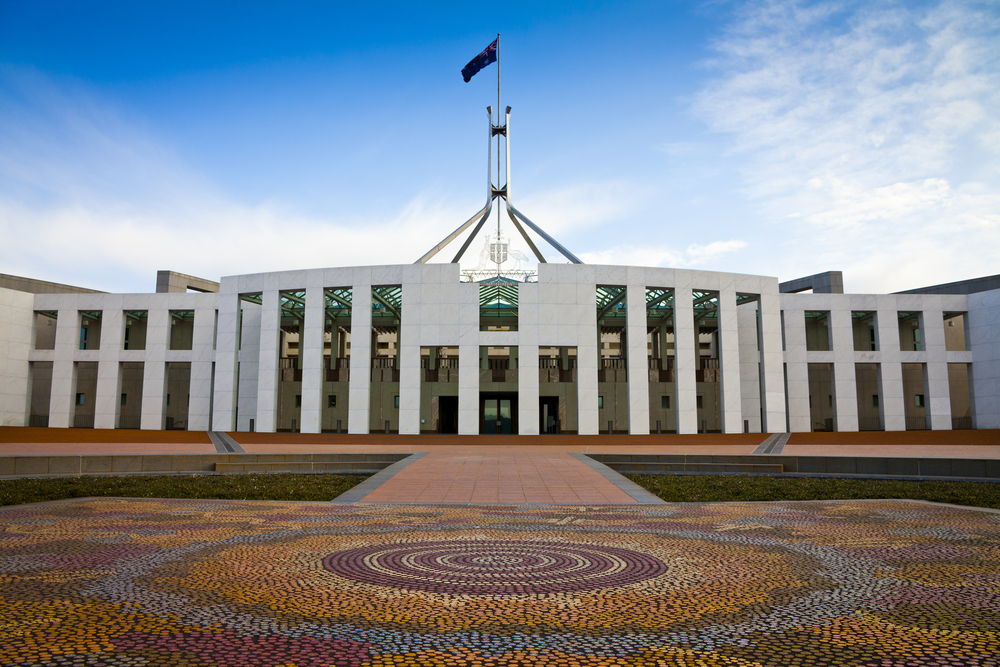

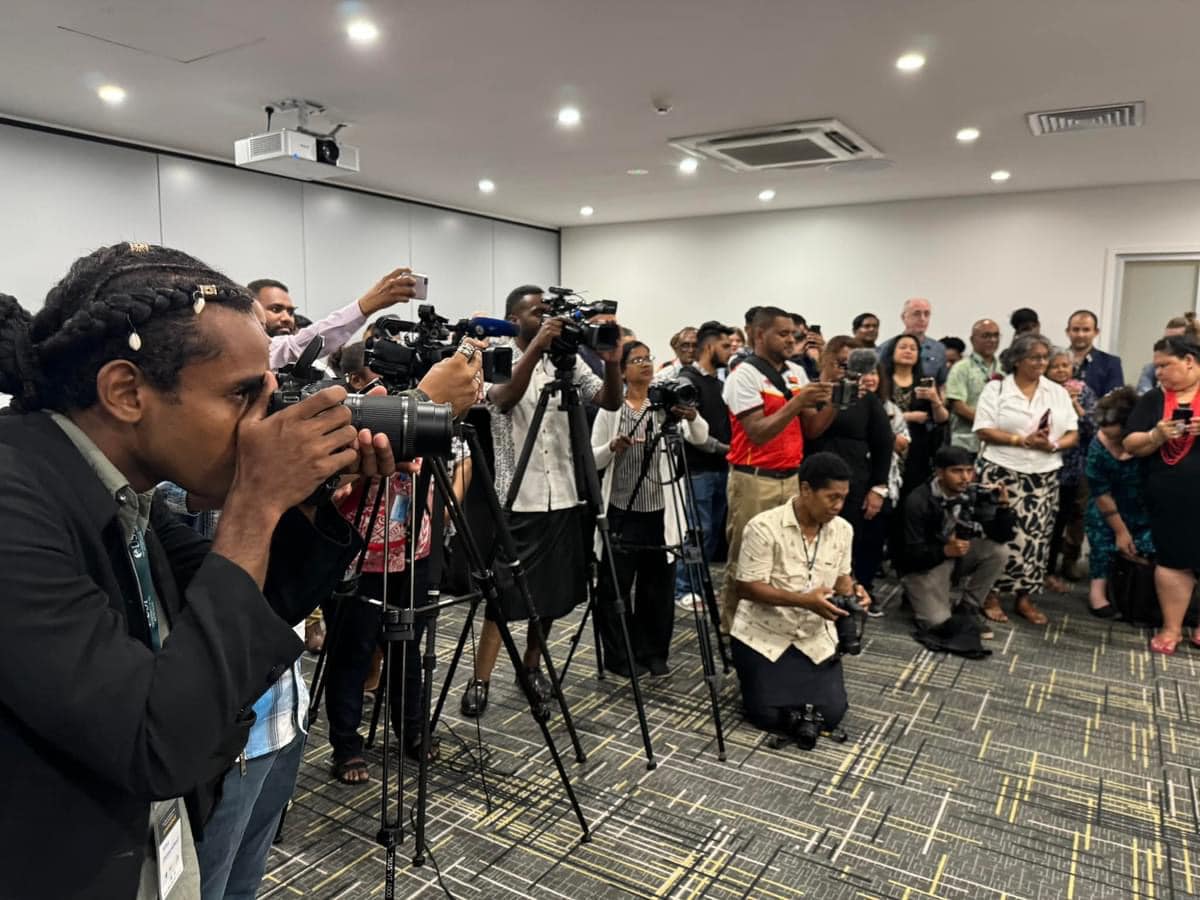
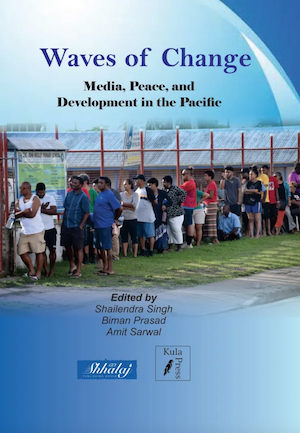
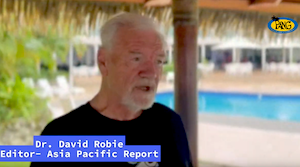


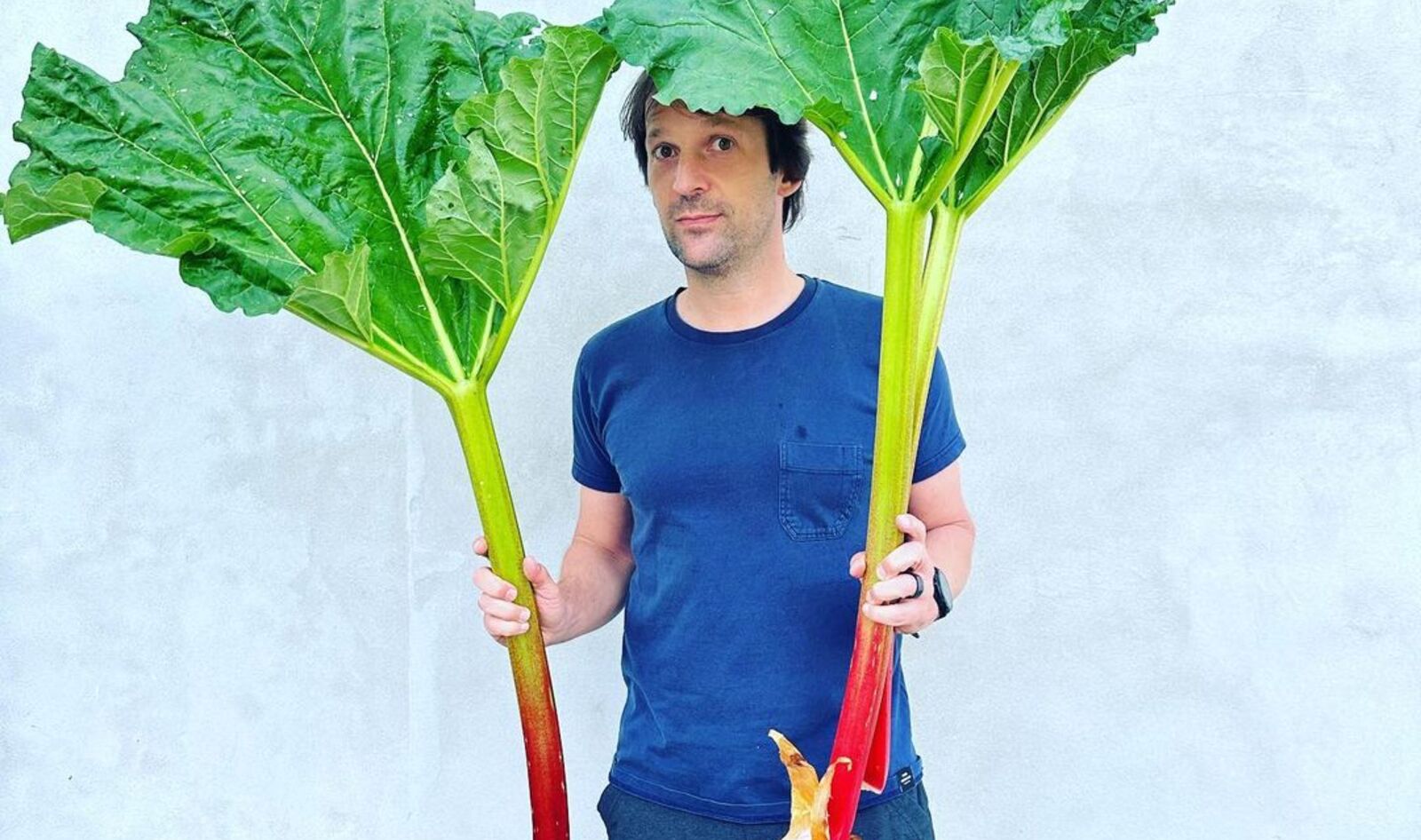
 Apple TV+
Apple TV+
 Food Network
Food Network Channel 4
Channel 4 Netflix
Netflix Hulu
Hulu Peeled
Peeled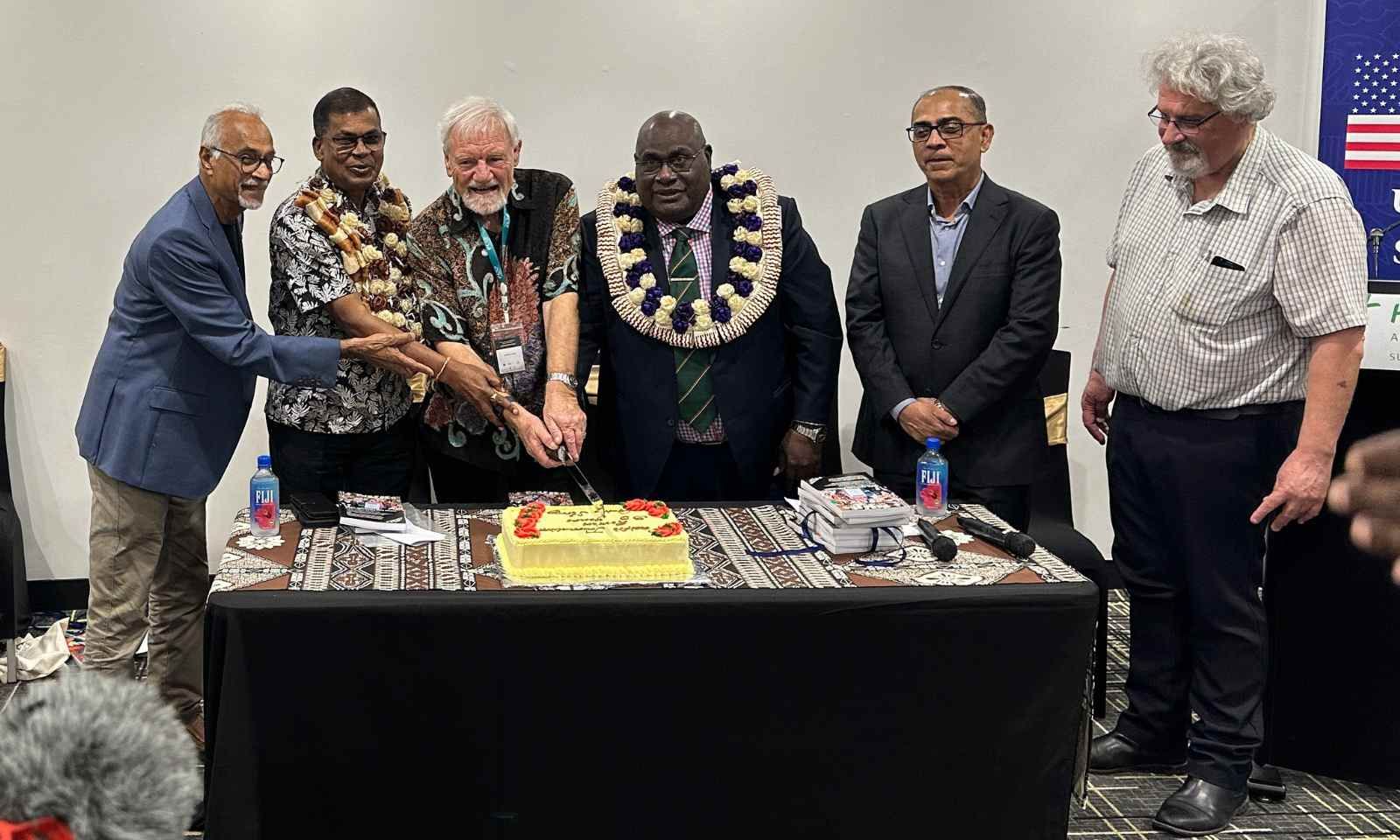
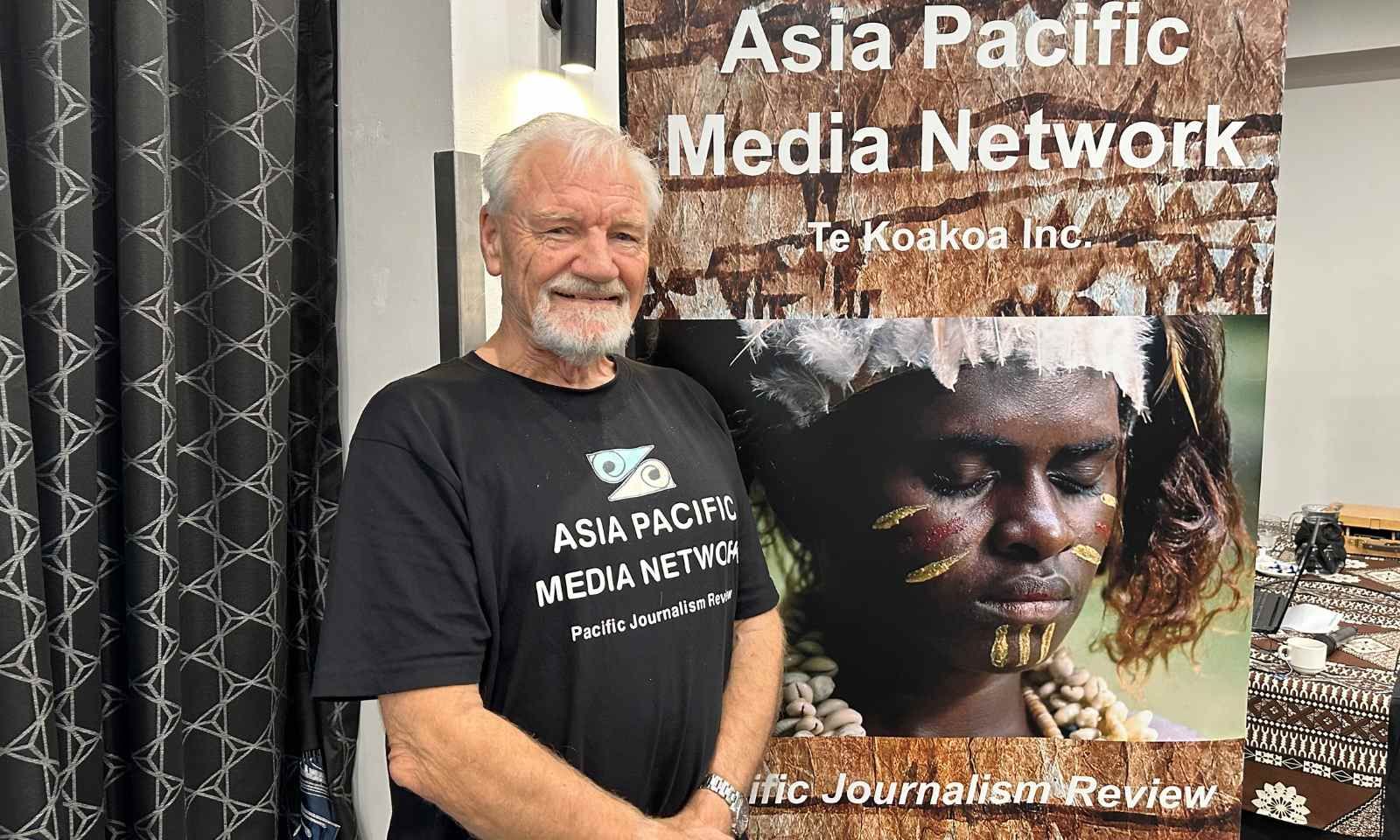
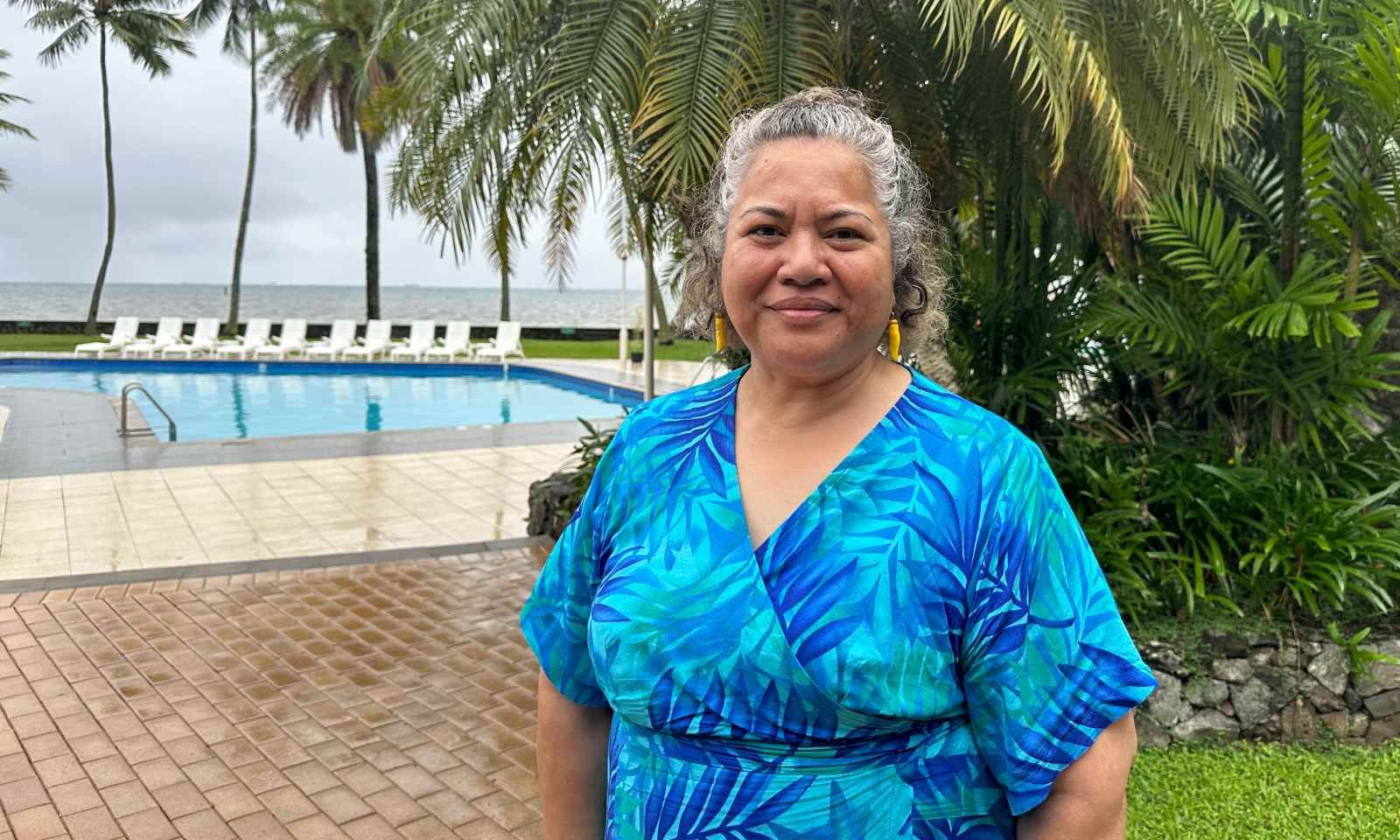
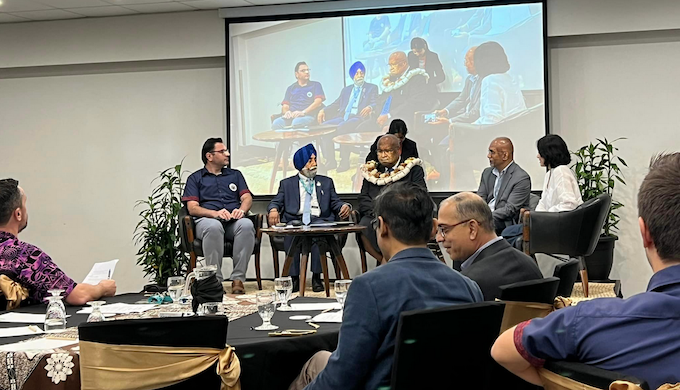
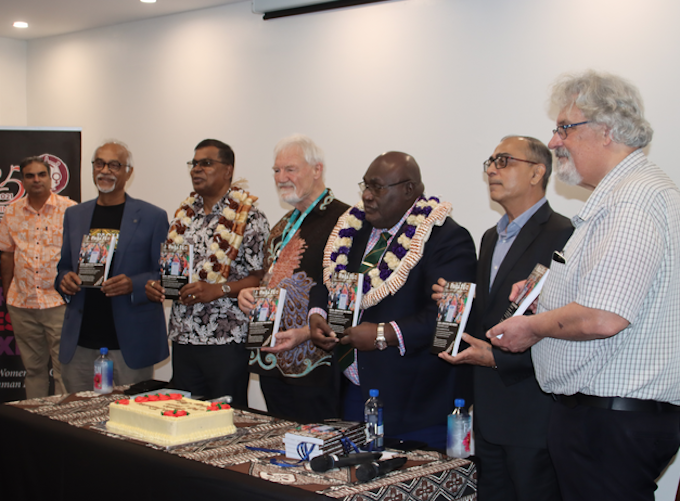
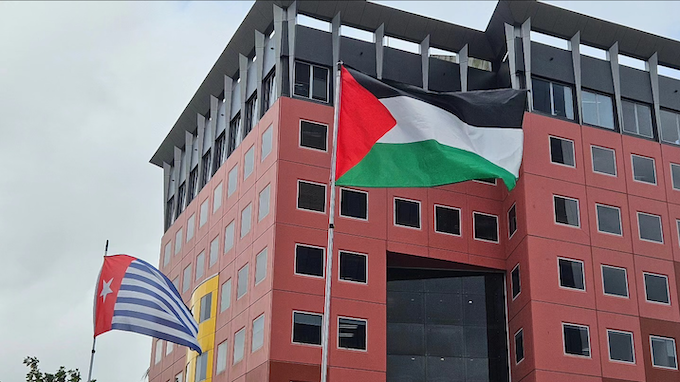
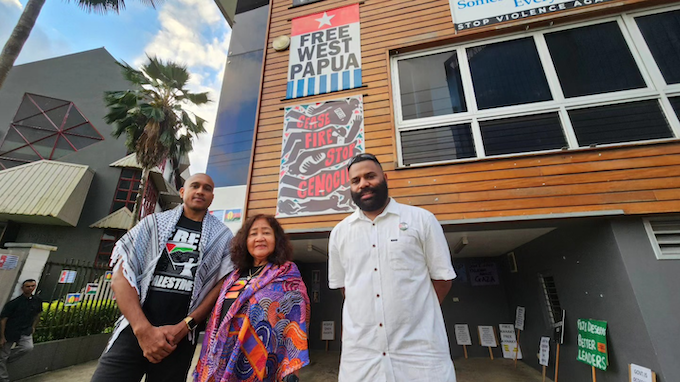
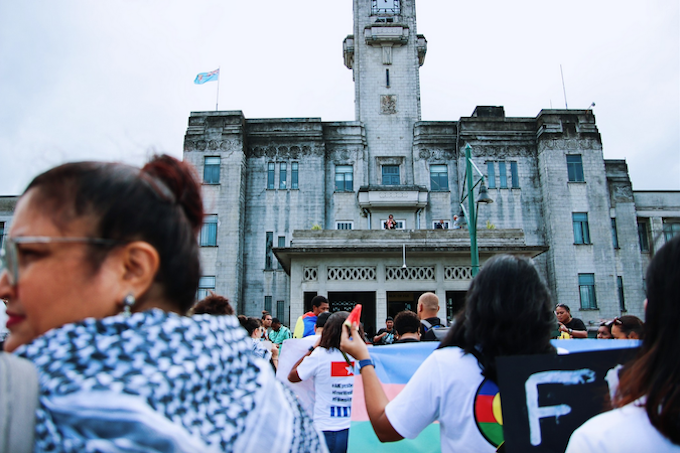
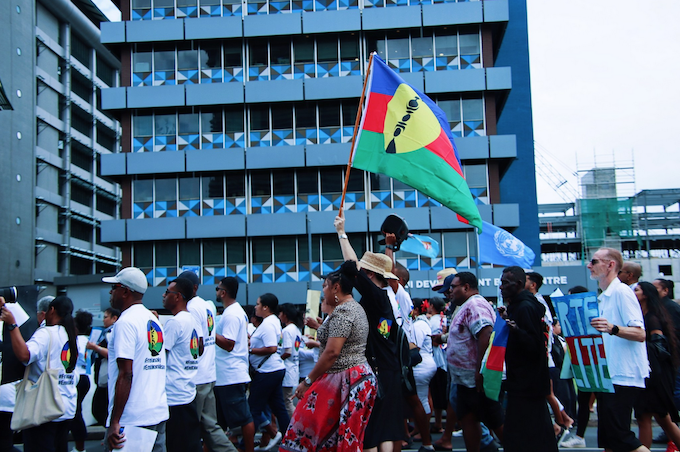
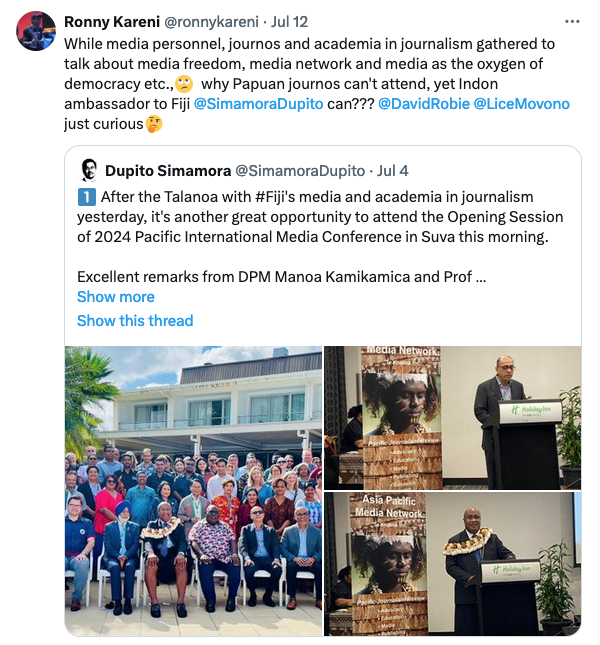
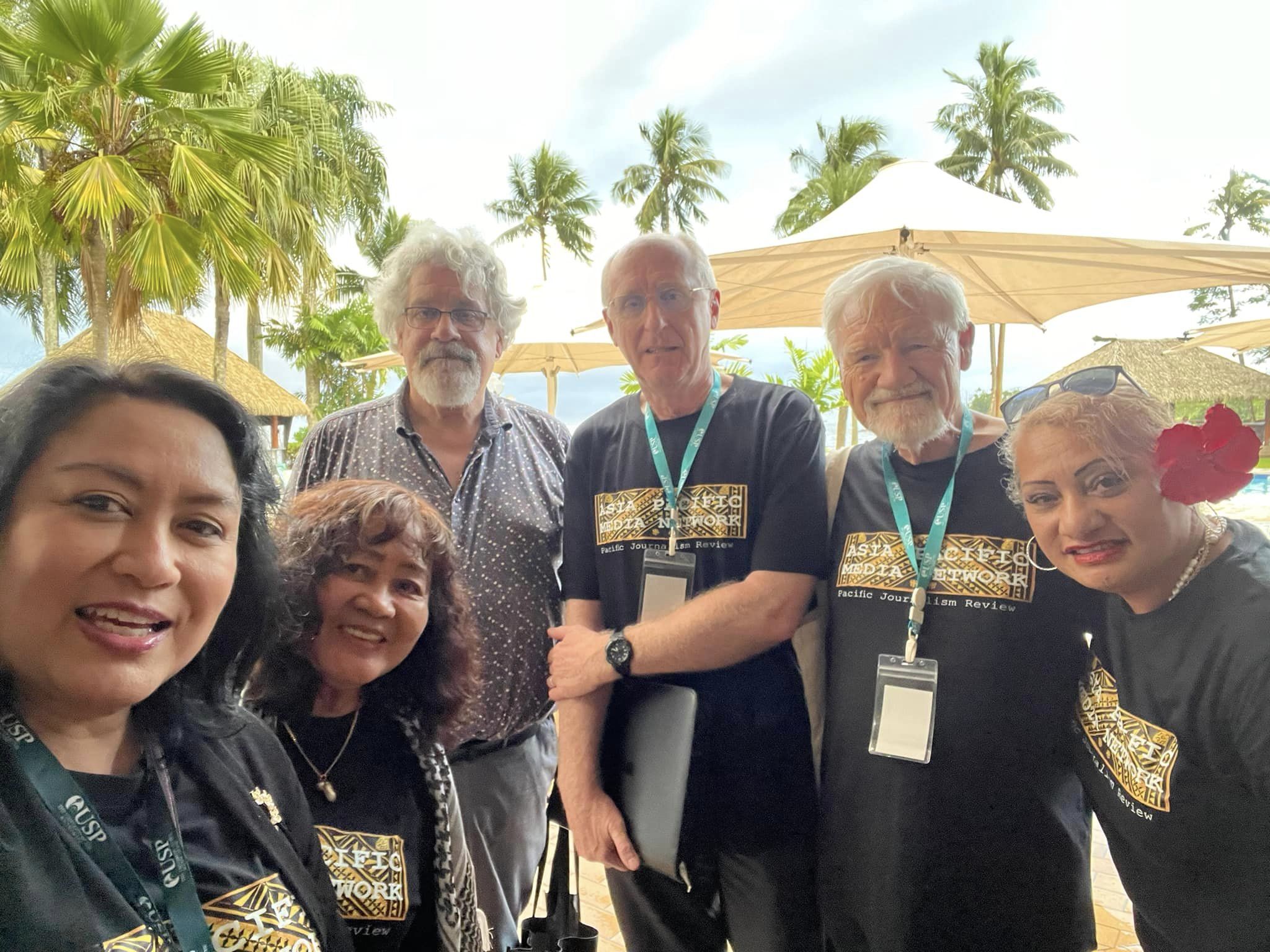
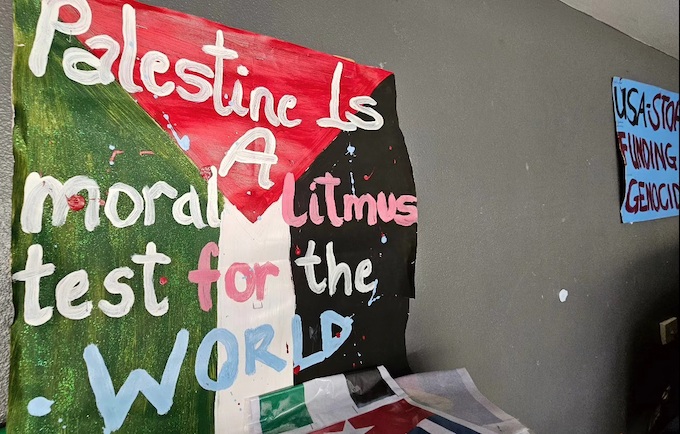
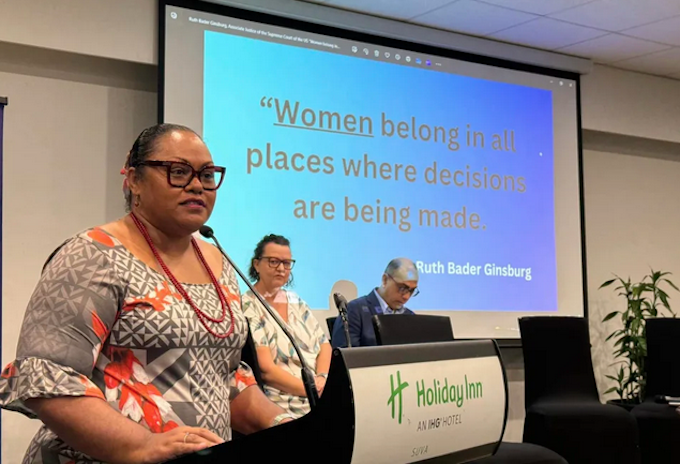
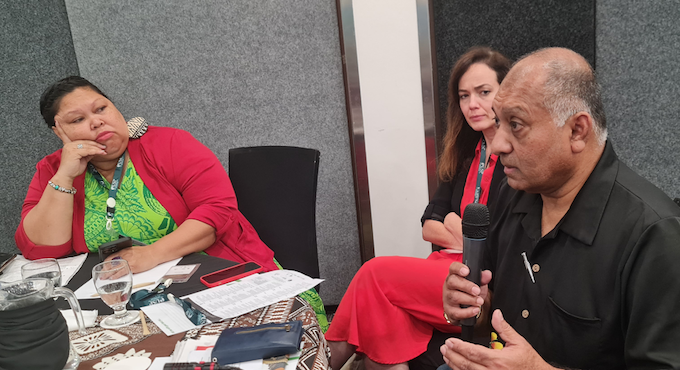
/https%3A%2F%2Fasset.kgnewsroom.com%2Fphoto%2Fpre%2F2024%2F07%2F03%2F657788a7-cadf-42ac-82a2-49411a67dda5_jpg.jpg)
/https%3A%2F%2Fasset.kgnewsroom.com%2Fphoto%2Fpre%2F2024%2F07%2F14%2Fd960bec3-b0be-4507-9fee-19ebcc62e090_jpg.jpg)
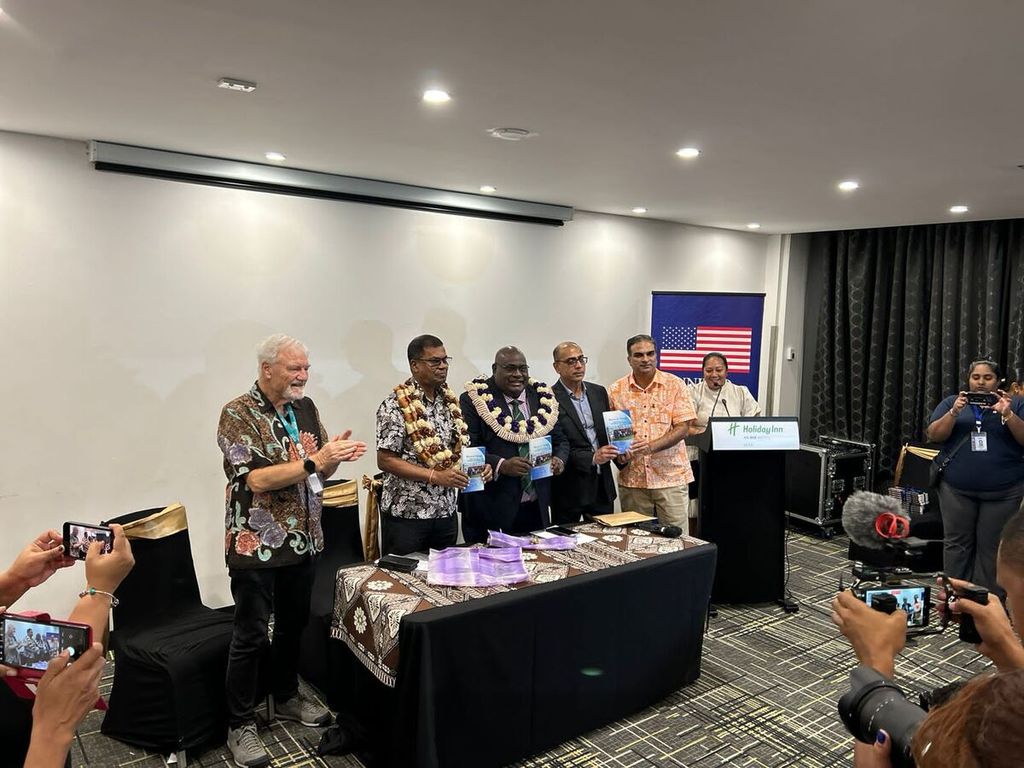
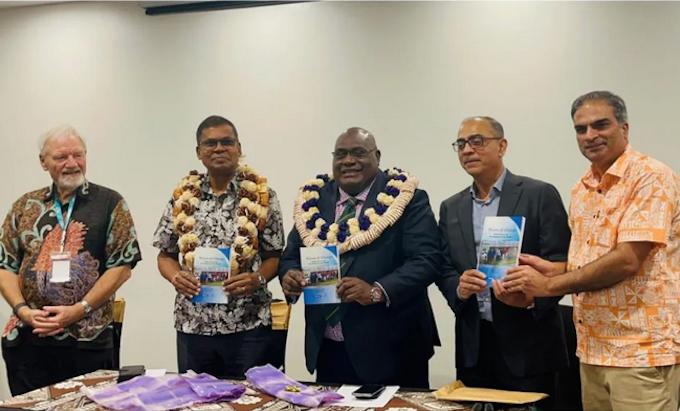
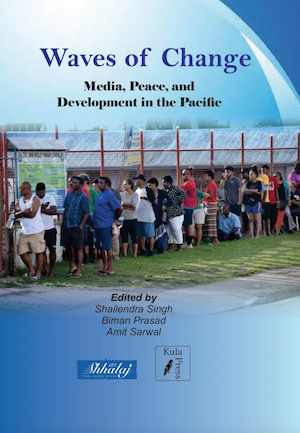
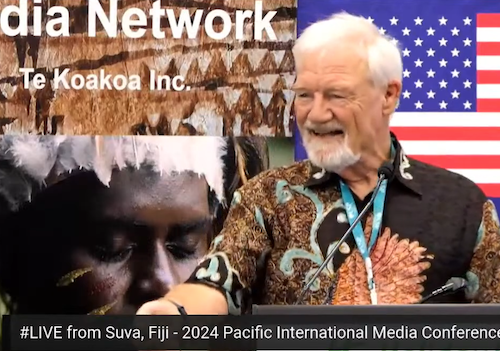



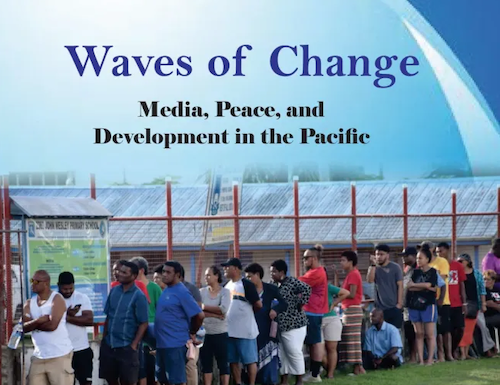
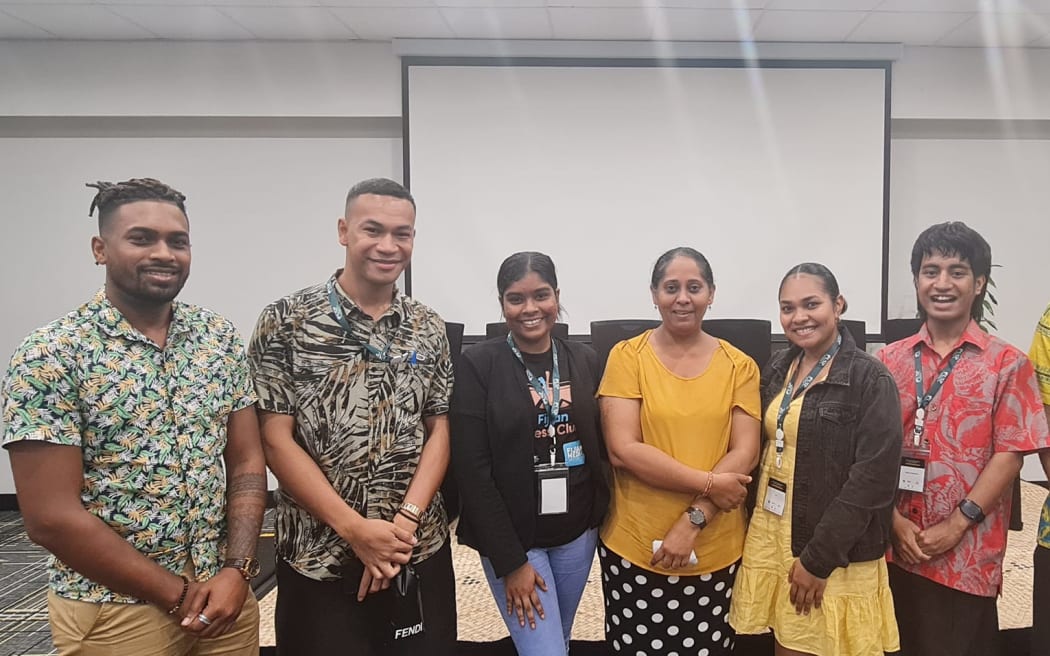
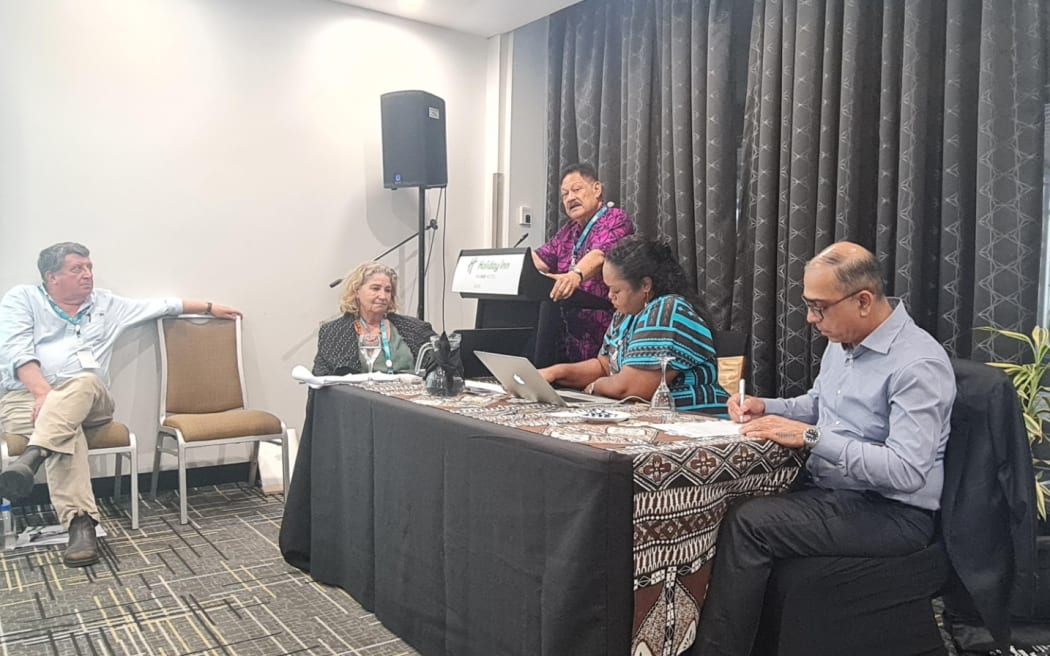

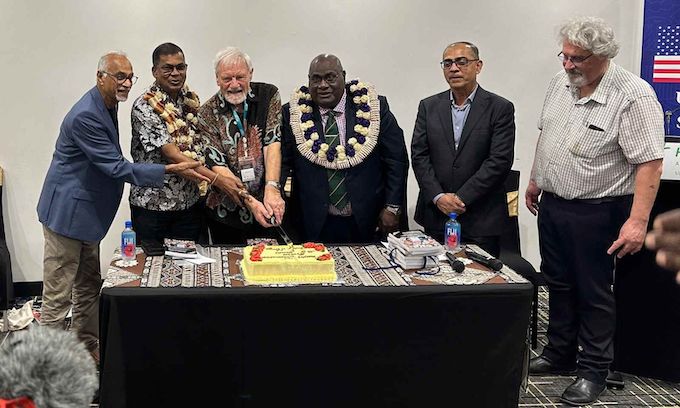
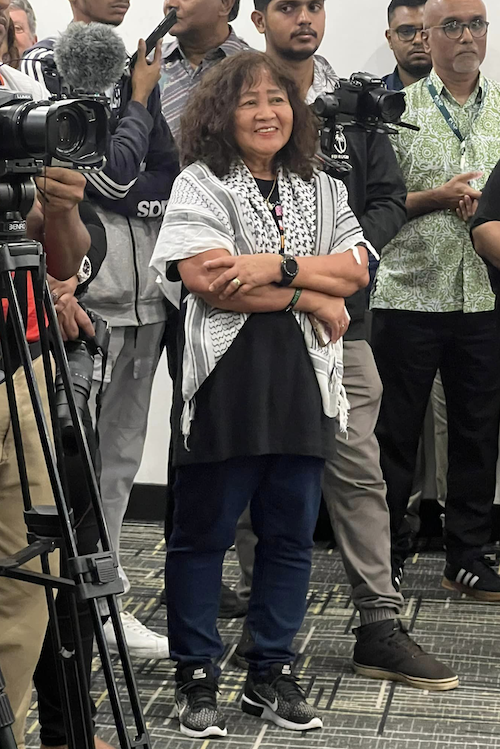
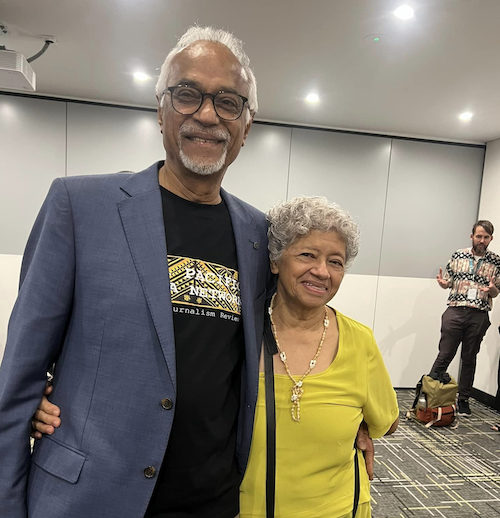
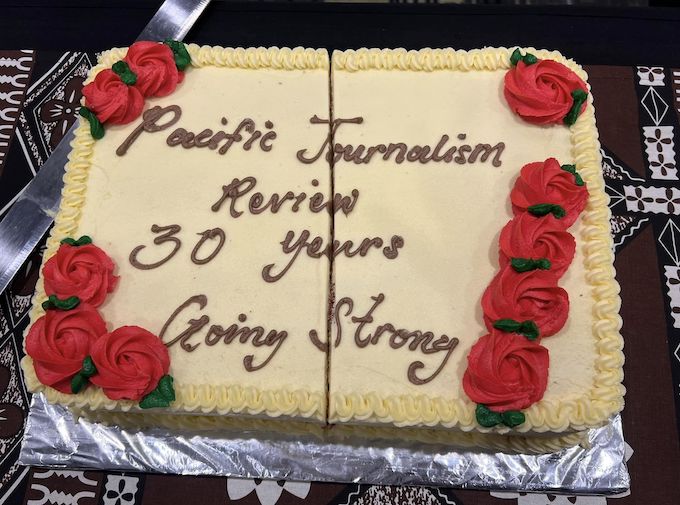
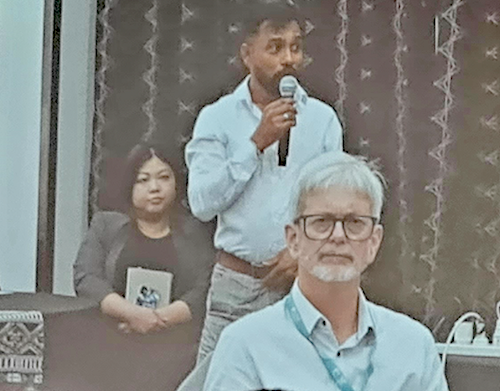
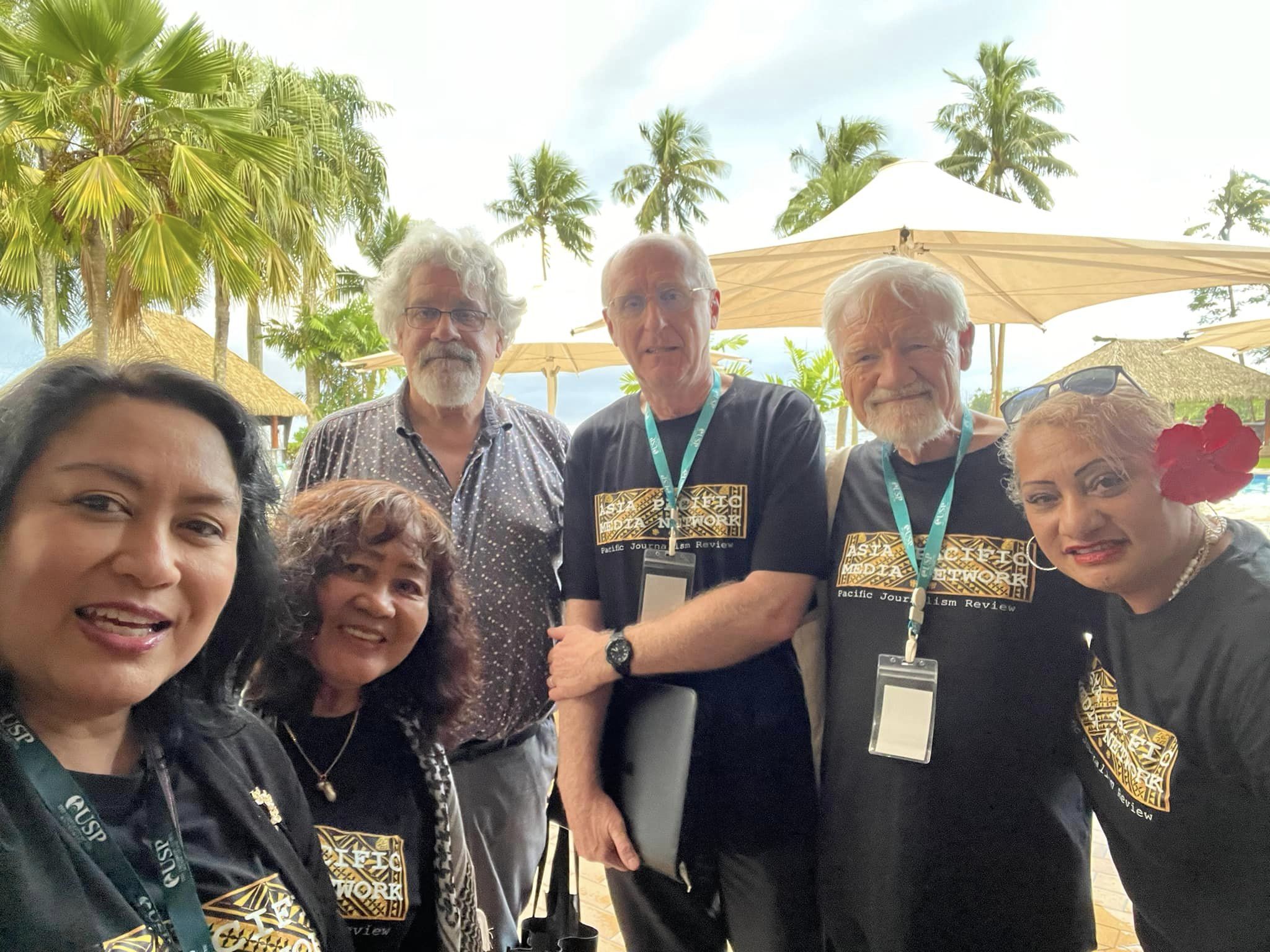
 Phulertal, Assam”
Phulertal, Assam”
